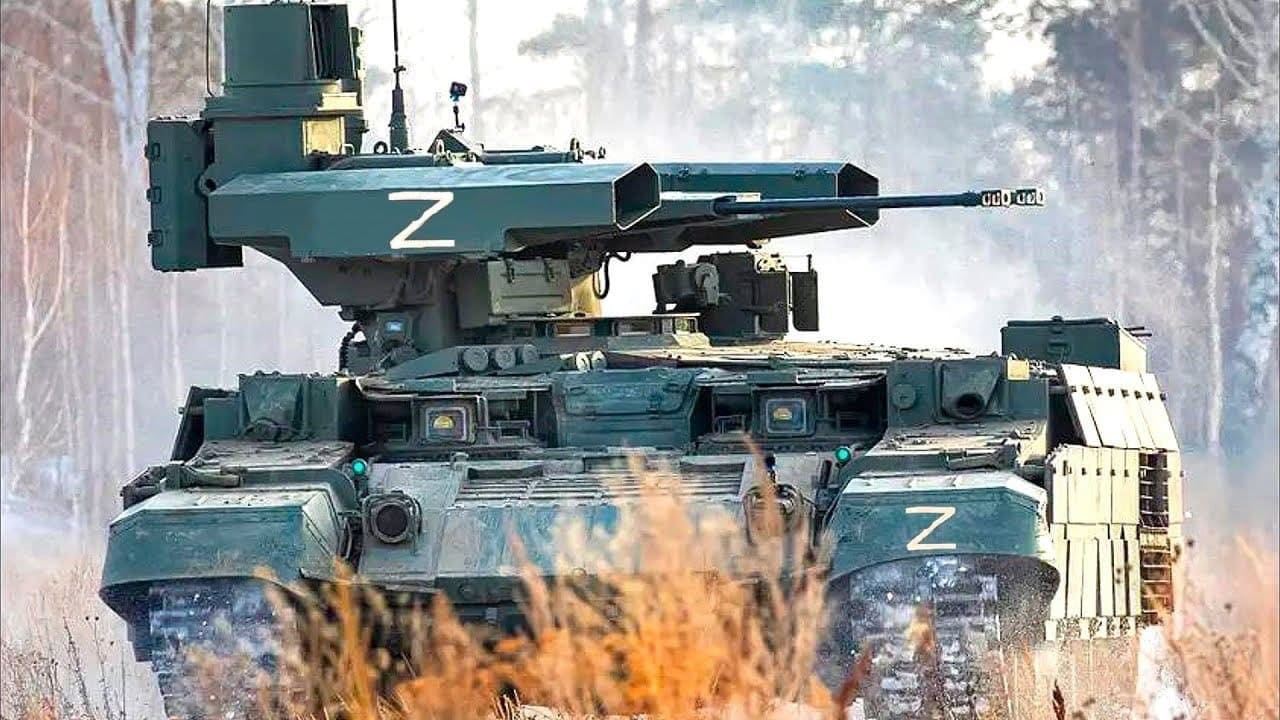The Russian Military Might Not Be the Same After the Ukraine War: When Russian President Vladimir Putin ordered the unprovoked and unwarranted invasion of Ukraine, he likely expected the conflict would make the list of “shortest wars.” While perhaps he didn’t think it would be concluded as fast as the Anglo-Zanzibar War of 1896, which lasted just 38 minutes, his thinking was likely that it would have been on par with the Russo-Georgian War of 2008, which lasted just six days, or perhaps even the Georgian-Armenian War of 1918 that only concluded after 24 days of hard fighting.
It is unlikely that the conflict could last years, and no military pundits expect a Hundred Years War or even Thirty Years War, yet, it should be remembered that America’s war in Afghanistan only “concluded” last year after nearly two decades. However, in just four months of fighting, Russia’s losses are now greater than what the Soviet Union lost in its decade-long conflict also in Afghanistan – and even exceed U.S./coalition losses in Afghanistan and Iraq combined.
According to data released by the Ukrainian military Russia has seen upwards of 35,000 troops killed, as well as 1,500 tanks and 217 combat aircraft destroyed. At least half a dozen (or more) Sukhoi Su-34 (NATO reporting name “Fullback”) fighter-bombers were among the aircraft to have been shot down. Prior to the war, the Su-34 was reported to be among one of Russia’s most cable aerial assets, but it has failed to live up to the hype.
In fact, the Kremlin’s most significant loss in the war could be that of prestige. Its troops failed to deliver the swift victory Putin envisioned, while its advanced tanks and aircraft have been destroyed en masse.
Unsustainable Rate
Even as the Ukrainian reports of Russian losses could be seen as propaganda, British intelligence reports have also described the casualty rates among Russian and pro-Russian forces as “unsustainable.” Data from the Donetsk People’s Republic, which is part of the pro-Putin self-declared autonomous Donbas region in eastern Ukraine, has admitted that more than 2,100 of its forces have been killed since operations began while nearly 9,000 have been wounded.
In addition, the Kremlin is having problems maintaining its own forces, both on the ground and in the air. The situation has gotten so bad that Russia has reportedly deployed retired pilots to operate older warplanes due to the high casualty numbers, while it has had to use contractors from the notorious Wagner Group – the de facto mercenary army that reports directly to Putin – to conduct close air support missions.
Given the troubles in the air and on the ground, Russia could soon exhaust its combat capabilities and may be forced to halt its campaign in the Donbas entirely.
“There will come a time when the tiny advances Russia is making become unsustainable in light of the costs and they will need a significant pause to regenerate capability,” a senior Western official, speaking on the condition of anonymity to discuss a sensitive issue, told The Washington Post on Saturday.
Moreover, Russia has had to resort to lowering its standards on things like age, health, criminal records, and other routine qualifications for service while offering substantial financial incentives for recruits.
Both Sides Suffering
Though this conflict won’t likely (or hopefully) last as long as the Thirty Years War of the 17th century, it could leave nearly a devastating mark on Ukraine and perhaps even Russia. There will be deep scars in the cities where the fighting has occurred, and the loss of young men is going to impact both nations greatly in the coming years.
Ukraine is now losing as many as 200 soldiers a day. Kyiv has also used up the bulk of its Soviet-era ammunition and is only now in the process of transitioning to Western systems, and both nations have lost scores of tanks and combat aircraft.
It is becoming a war of attrition for both sides.
“On both sides, the ability to generate and deploy reserve units to the front is likely becoming increasingly critical to the outcome of the war,” the British Defense Ministry said in its report on the conflict.
This will truly be a war with no winners and certainly can’t go on forever, yet neither is showing any signs of willingness to give in.
Now a Senior Editor for 1945, Peter Suciu is a Michigan-based writer who has contributed to more than four dozen magazines, newspapers and websites. He regularly writes about military hardware, firearms history, cybersecurity and international affairs. Peter is also a Contributing Writer for Forbes.

